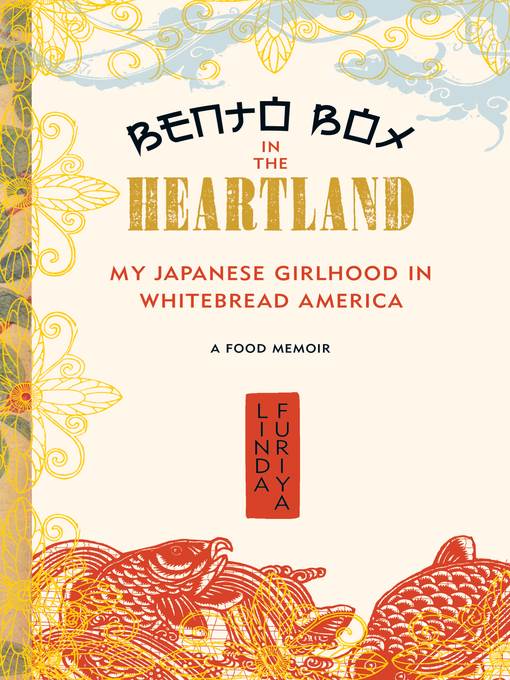
Bento Box in the Heartland
My Japanese Girlhood in Whitebread America
کتاب های مرتبط
- اطلاعات
- نقد و بررسی
- دیدگاه کاربران
نقد و بررسی

December 4, 2006
When Furiya started eating lunches in the elementary school cafeteria, she was profoundly embarrassed by the rice balls her mom packed instead of a sandwich like all the other kids ate. She was already feeling self-conscious about being the only Japanese family in her 1960s Indiana hometown, and her parents' insistence on continuing to eat their native cuisine—they grew their own vegetables and drove for hours to visit big-city supermarkets that stocked Japanese imports—was frustrating because it intensified the differences between her and her classmates. But the exotic dishes were also a source of delight, and Furiya ends each chapter with a recipe for one of her favorite meals. There is more to the story than food, though, and she describes the anger she feels when shopkeepers make fun of her father's accent, or the amazement when her mother takes her back to Japan, with the same vividness she applies to recreating the sensations of her first taste of wasabi. Though she continues to chafe against her parents' emotional reticence, partly inspired by their arranged marriage, Furiya also comes to appreciate the values they handed down to her, and it's this love that dominates her nicely told story.

April 1, 2007
Syndicated food columnist Furiya artfully blends childhood memories, food, and cultural identity in this candid, touching, and funny memoir revealing what life was like in the 1960s for the only Asian family living in Versailles, an Indiana farming community. Furiya shares stories about her family, Japanese traditions, and life in a Midwestern town in an elegant, compelling, and distinct style. She vividly describes her childhood in an engaging manner. Imagine feelings of embarrassment and isolation for a little girl whose lunchbox is filled with rice balls instead of peanut butter and jelly sandwiches. Food is at the center of her stories, and each chapter ends with a favorite Japanese dish. Chapters also explore Furiya's conflicted feelings concerning her ethnicity, identity, and her parents' arranged marriage. This beautifully written and insightful coming-of-age story is recommended for public and academic libraries.Christine Holmes, San Jose State Univ. Lib., CA
Copyright 2007 Library Journal, LLC Used with permission.

January 1, 2007
In her syndicated newspaper columns, Furiya has written about Asian cooking as well as growing up in the only Japanese family in a small Indiana town. In this memoir-cum-cookbook, she expands on those subjects in chapters that close with family recipes. Food is always at the center of Furiya's stories, which begin with her grade-school realization that her bento-box lunch sets her apart from her 1960s peers. In a voice that's angry, yearning, and direct, she remembers the bewildering pull between American and Japanese culture, and her complex struggles to form a cohesive, proud cultural identity. The specifics are moving and vivid, as is Furiya's universal wonderment about who her parents are, how they ended up together, and what her own grown-up life will be: "Someday you will shoot and follow your arrow," her father tells her. "My arrow, it landed here." Pair this with Diana Abu-Jabar's beautiful " The Language of Baklava "(2005), another culinary memoir of growing up with immigrant parents.(Reprinted with permission of Booklist, copyright 2007, American Library Association.)

























دیدگاه کاربران